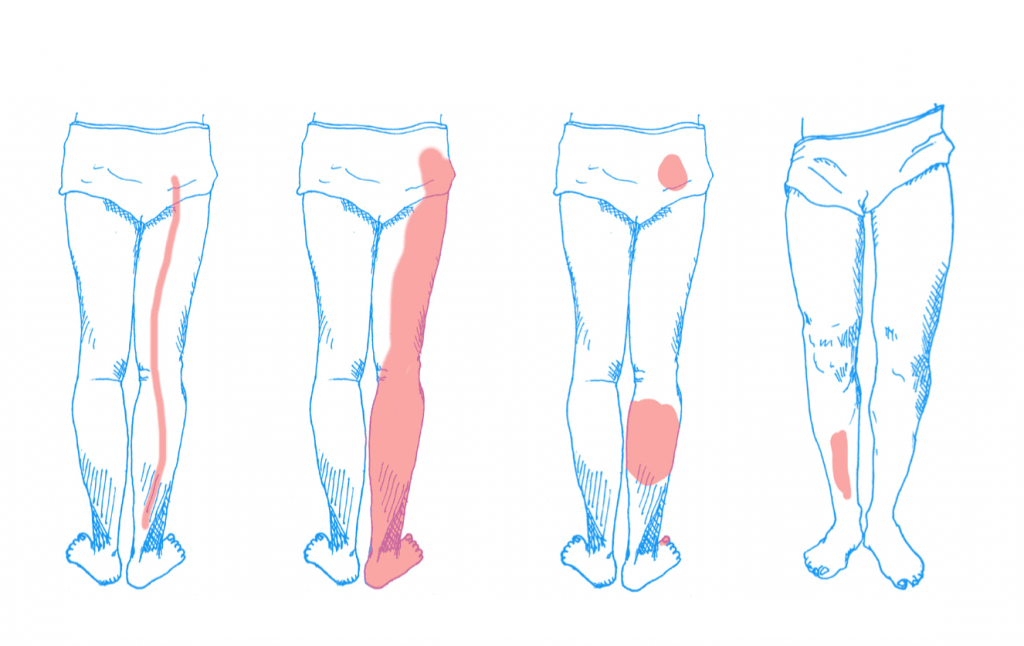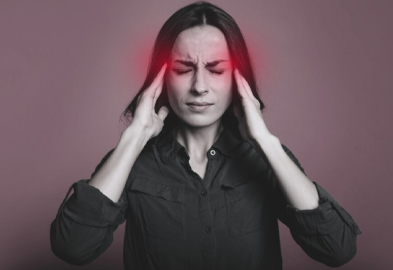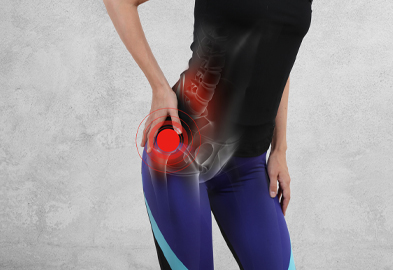TMJ Treatment in Hamilton can cause pain and dysfunction in the jaw joint and surrounding muscles, leading to a range of symptoms that can impact daily life. Temporomandibular Joint Disorder (TMJ) refers to a group of conditions affecting the temporomandibular joints, which connect the jawbone to the skull. These joints, located on either side of the face just in front of the ears, are crucial for movements such as chewing, speaking, and yawning.
Common Symptoms of TMJ Disorder
TMJ disorder can present with various symptoms, including:
- Jaw Pain: Persistent or intermittent pain in the jaw joint, which can radiate to the face, neck, or shoulders.
- Clicking or Popping Sounds: Audible sounds when opening or closing the mouth.
- Restricted Jaw Movement: Difficulty or discomfort when opening the mouth fully, often accompanied by a feeling of the jaw being “locked.”
- Headaches: Frequent headaches or migraines, which may be related to jaw muscle tension.
- Facial Pain: Discomfort or pain in the face, especially around the jaw and temples.
- Ear Pain or Ringing: Sensations in the ear area, including pain or tinnitus (ringing in the ears).
Causes and Risk Factors
TMJ disorders can result from various factors, including:
- Jaw Injury: Trauma or injury to the jaw or face.
- Teeth Grinding or Clenching: Habitual grinding or clenching of teeth, often related to stress or misalignment.
- Arthritis: Conditions like osteoarthritis or rheumatoid arthritis affecting the TMJ.
- Misalignment: Issues with the alignment of the teeth or bite (malocclusion).
- Postural Issues: Poor posture that affects jaw alignment and muscle function.
Diagnosis and Assessment
Accurate diagnosis of TMJ disorder involves a thorough assessment, which may include:
- Medical History Review: Discussion of symptoms, medical history, and any relevant factors such as stress or dental issues.
- Physical Examination: Evaluation of jaw movement, muscle tenderness, and joint function.
- Imaging: In some cases, X-rays, MRI, or CT scans may be used to visualize the TMJ and assess structural issues.
Treatment Options at Medhealth Physiotherapy
At Medhealth Physiotherapy, we offer a range of treatments tailored to address TMJ disorders and alleviate symptoms:
- Manual Therapy: Techniques such as joint mobilization and soft tissue massage to improve jaw function and reduce pain.
- Exercise Therapy: Customized exercises to strengthen the jaw muscles, improve range of motion, and promote proper alignment.
- Postural Training: Guidance on posture and ergonomics to reduce strain on the TMJ and associated muscles.
- Modalities: Use of heat or cold therapy, ultrasound, and other modalities to manage pain and inflammation.
- Stress Management: Strategies and techniques to manage stress, which can contribute to teeth grinding and muscle tension.
Why Choose Medhealth Physiotherapy?
Our dedicated team at Medhealth Physiotherapy is committed to providing personalized care for TMJ Pain Treatment in Hamilton. We take a holistic approach to treatment, addressing not only the symptoms but also the underlying factors contributing to the condition. With our expertise and advanced therapeutic techniques, we aim to restore function, reduce pain, and enhance your quality of life.
Take the First Step Towards Relief
If you’re experiencing symptoms of Hamilton TMJ disorder, don’t wait to seek help. Contact us today to schedule a consultation and learn more about how our tailored treatments can help you find relief and improve your jaw function. At Medhealth Physiotherapy, we’re here to support you on your path to better health and well-being.












